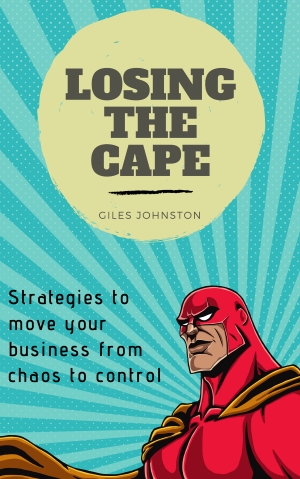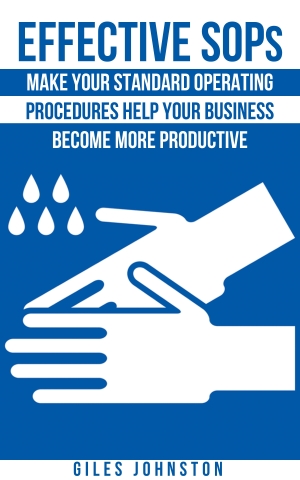I have been to many businesses where their SOPs (Standard Operating Procedures) aren’t used properly.
Their documents lie unused, gathering dust.
Their contents, not reflective of either best practice nor current practice.
Worse than missing information, team members that don’t know that they exist.
When I ask managers and business owners about their SOPs, I usually get a blank expression.
So, this prompts the question at the top of this blog. Who writes your SOPs?
If the answer is divorced from the people carrying out the tasks, it might be worth taking another look. This isn’t to say that they are the only ones that can write SOPs, often this is not the case. What I want to stress here is that the knowledge and insight around a process to document varies level by level in an organisation.
The senior staff may know some of the technical factors that shape an SOP. Leadership staff may know some of the why factors. Operational staff will likely know practical information that can make all of the difference.
When you get this input, across the business, the ownership of the SOP changes. It means something. It is something that can be used to direct continuous improvement activities. It becomes something valuable that ties in the knowledge within the business.
If your SOP writing is limited to just one person in your organisation, I recommend that you check out these books. I wrote them because SOPs have been around for ages and yet most businesses still haven’t harnessed their potential.
I hope that you are one of the few that did not need to read this article but if you are, here you go:
Losing the Cape focuses on developing your business processes so that you don’t have to rely on a few superhero characters to bail you out when crises emerge. Avoid the crises by design!
Effective SOPs explores how you can write, use and capitalise on the creation of SOPs for your business.

